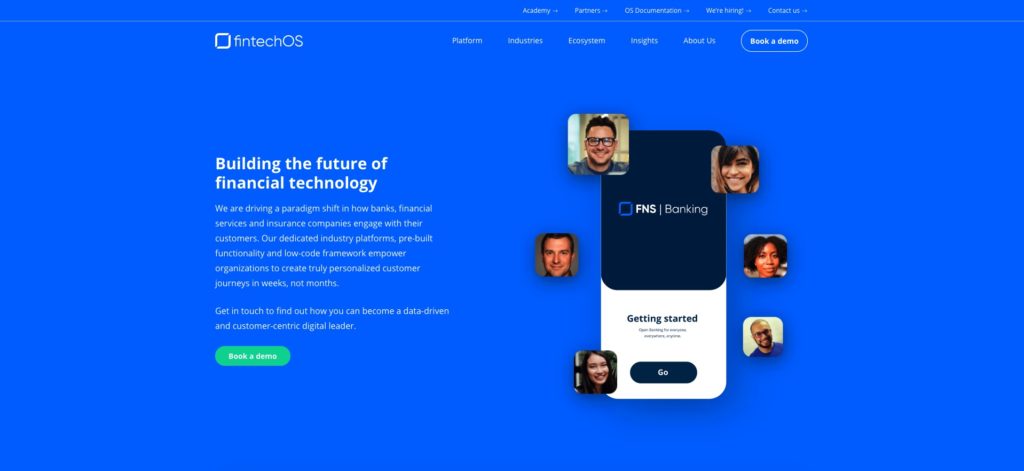
Remember when we mentioned that niche banking is here to stay? Cementing that fact is Nerve, 2021’s newest digital bank.
Nerve differentiates itself by serving a unique customer segment– independent musicians. Available in both English and Spanish, the mobile bank helps musical artists “build stronger communities and sustainable careers” to help them manage their finances and plan for the future.
Co-founded by fintech veterans John Waupsh and Ben Morrison, Nerve is partnering with Piermont Bank to offer FDIC-insured business debit and savings accounts that will help users separate business and personal finances. The mobile bank also provides artists streaming and social follower data, access to 55,000 free ATMs, and free instant payments to other Nerve accountholders. Unique to Nerve is the bank’s private networking feature that helps professional musicians discover others in their field, network, and collaborate.
“Financial empowerment for musicians means giving them a banking platform that understands their unique needs with the tools to help them better manage their money,” said Waupsh. “Musicians and bands at all stages of their development need smart financial management, access to the real-time data that drives their business, not to mention two-minute digital account opening, and collaboration and business banking features to run their brands effectively.”
In addition to providing musicians with banking tools, Nerve is also piloting a music streaming app called Nerve FM. The app allows creators to earn subscription revenue from their audio and video content. Musicians keep up to 80 percent of the revenue generated from subscribers who stream their music. The best part is that the musicians get to keep all the user data as well. Move over, Spotify.
Nerve launches in the U.S. on September 15. You can catch Waupsh on stage at FinovateFall next month speaking on the neobanking panel on September 13. Register today or check out the FinovateFall homepage to learn more.
Photo by Firmbee.com on Unsplash























